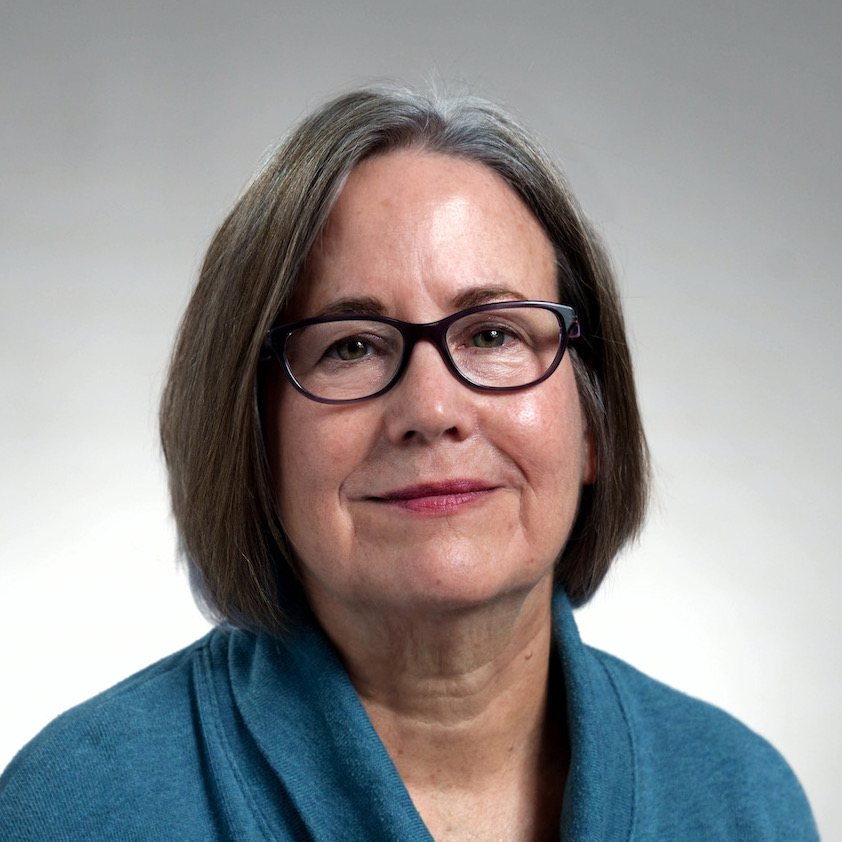 AHCJ’s board of directors has voted unanimously to add a new item to its Statement of Principles, the association’s compendium of professional and ethical guidelines.
AHCJ’s board of directors has voted unanimously to add a new item to its Statement of Principles, the association’s compendium of professional and ethical guidelines.
These principles lie at the core of AHCJ’s mission to promote the highest standards of health care journalism, and have been little changed since the organization was founded.
Adding a new principle is a significant move that may prove especially relevant in the years ahead.The principle springs from the recent controversy over close-hold embargoes. But it can inform future struggles.
The principle states:
Be wary of any agreement that limits your editorial independence, such as “close-hold embargoes” in which you agree not to consult outside sources in exchange for early access to information. Be sure to tell readers, listeners or viewers if you agree to a close-hold embargo, so they are aware that your reporting may not be complete. Consider being transparent about any restrictions placed on your reporting.
The board adopted the principle at the urging of AHCJ’s Right to Know Committee, the association’s advocacy arm.
The committee was disturbed by a Food and Drug Administration practice that restricted the flow of information. The agency in several instances gave a select group of reporters early access to information provided they didn’t seek anyone else’s viewpoints until the embargo lifted. At the committee’s urging, AHCJ president Karl Stark wrote a letter of protest and the board drafted, debated, and ultimately approved the new principle.
The board voted on the principle late last year, before receiving a response from the FDA. On Thursday, the FDA informed AHCJ that it has banned the practice of close-hold embargoes throughout the agency.
Like all of AHCJ’s principles, the new one avoids instructing journalists how to behave, but provides an ethical framework for their decisions.
Today, as we face a president openly hostile to the media, the principle has relevance unforeseen when first considered. If access to information gets more difficult in the new administration, the temptation to make agreements affecting coverage will intensify.
In addition to close-hold embargoes, reporters may be asked to submit stories or quotes for review, or to speak only to certain people.
Everyone will have to make their own choices in this new environment. Our principle urges caution with such agreements and transparency with readers.





